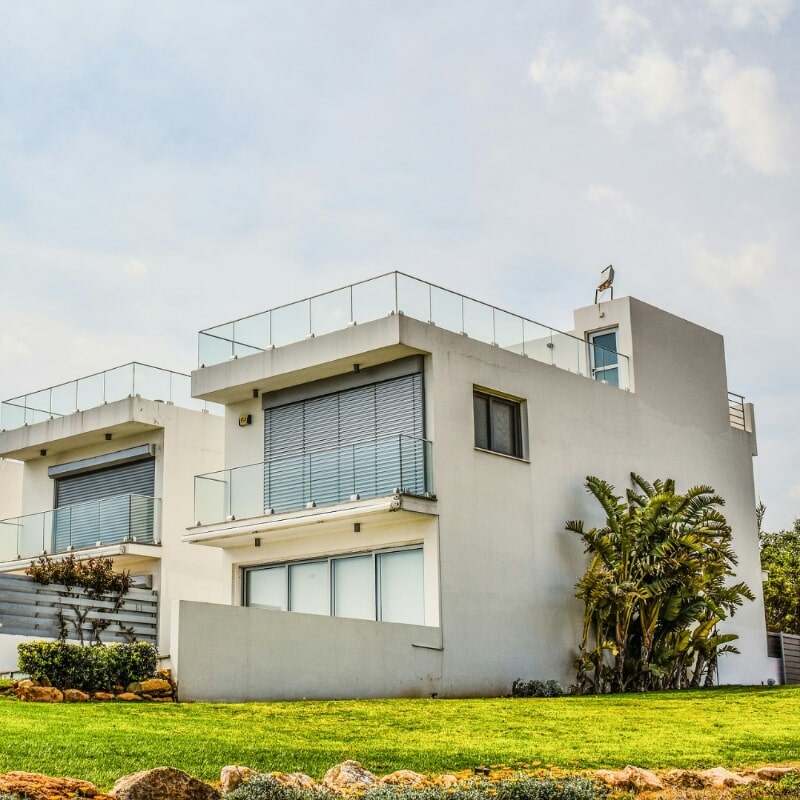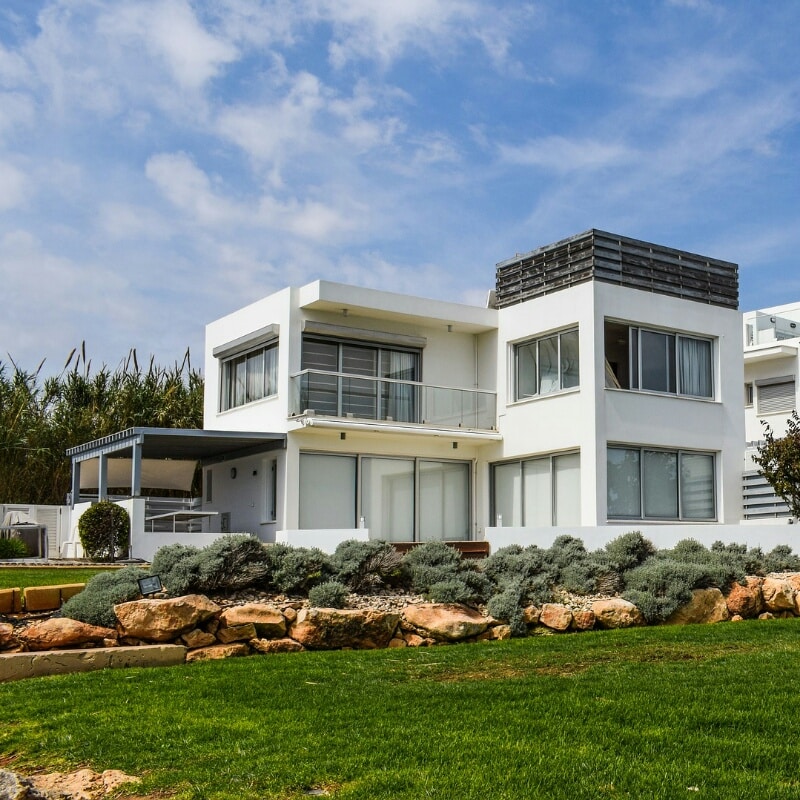Types of Real Estate to Buy In Africa
by Subomi Plumptre

In my first article, I described the parties involved in real estate transactions in Africa. I also explained how to carefully choose them. In this article, I will talk about the different types of real estate you can buy, the budget required and the documentation involved.
Two Main Types of Land
There are broadly two types of virgin land you may buy – from a community or in an urban area. I will describe both categories.
a. Community Land
According to the Land Use Act of some countries, some land rightfully belongs to communities. And, you can legitimately buy from them. But please note a couple of things.
1. Ask whether the land you are interested in has been excised by the government for the community and ratified in an official Gazette. Ask for a copy of the Gazette (it’s a document) and for the survey plan of the land. Check for the official stamp that states the land is free from acquisition by the government and not committed for future use.
2. Do an independent survey to check the land coordinates. Then, ask your Lawyer to verify from the Lands Bureau or Department, the community’s ownership and any government interest. Also check whether the land has been designated for residential, commercial or agricultural use. You do not want to buy land for your home, only to be told it’s been zoned for agricultural use alone.
3. As mentioned in my first article, please ensure the individual you enter into a contract with has the right to represent the community. They must give you a receipt and Deed of Assignment. They should also sign any relevant statutory forms that will be needed when you pursue your final piece of documentation – Governor’s consent.
4. In most African cities, all land exchanges must be assented to by the Governor. The Deed of Assignment and statutory forms will protect you should the community try to resell the land behind your back. All documents must be reviewed and signed in the presence of your Lawyer and then documented at the State Lands Bureau.
5. Community land is undeveloped and so, is relatively cheap. Many times, the land has not been cleared, there is no electricity or water and there are no roads. Therefore, it is suitable for those planning an estate or large scale development. But, the cost of infrastructure should be factored into the overall developmental cost. Commercial developers typically buy community land in bulk and then resell as individual plots to their clients.
It might be easier to buy community land that has already been acquired by a developer, so you don’t need to deal directly with the community.
b. Urban Land
There are many options to choose from:
1. Government Allocation
very now and then, the Ministry of Housing sells real estate on behalf of a state or federal government. If you buy from them (or their appointed agents), you will be given a letter of allocation to subsequently process your Certificate of Occupancy (C of O) from the government.
Please note that government only issues a C of O once. If you buy the property from someone else, you will not be issued a new C of O. What you can process is the Governor’s consent for the transfer of ownership, using the Deed of Assignment that is given to you upon the transfer from the original owner to you.
2. Real Estate Development
A large scale real estate developer will purchase land from government and receive a global C of O. They will then sell individual plots, presenting you with a Deed of Assignment and Individual Survey.
The advantage of buying land from a developer is, the company usually provides utilities – roads, electricity, water and security. You move in to build your home if it’s land, or you move into an already built home. As you can imagine, developments that have infrastructure and utilities are much more expensive than virgin community land.
3. Personal Home
If someone wishes to sell their personal land or home to you, please ask to see their Deed of Assignment (or C of O) and survey plan. Then, go to the Lands Bureau to verify ownership and location. If it’s an inherited family house, ask to see the Will designating the individual as Executor/Beneficiary or request for the Power of Attorney giving the individual the right to sign documents on behalf of the family.
Upon sale, a Deed of Assignment will be given to you to process your Governor’s Consent.
4. Distressed Sale/Court Order
If you are buying real estate on the market due to an unpaid loan or one that was the subject of a previous litigation, please ask to see the court judgement. Ensure there are no ongoing appeals. After the property has been sold to you, you will receive a Deed.
5. Registered Conveyance
This is my favorite type of property title in Africa. It typically predates the Land Use Act. Under the Land Use Act, property you buy is “leased” to you by the government for say, 99 years, and must be ratified thereafter.
Because Registered Conveyance predates the Act, any real estate you buy with this title is yours forever and you may bequeath it to your heirs in perpetuity.
One More Thing
When someone wants to sell some land to you, please confirm what the exact plot size is. Standard sizes vary from place to place, so you want exact measurements.
I hope this write up has been useful to you. If you have questions, please write. To be kept up to date on future articles, you may kindly join my mailing list here.
Thank you for reading.
Read about the different kinds of real estate you can buy in Africa and the documentation that's required. Share on X
